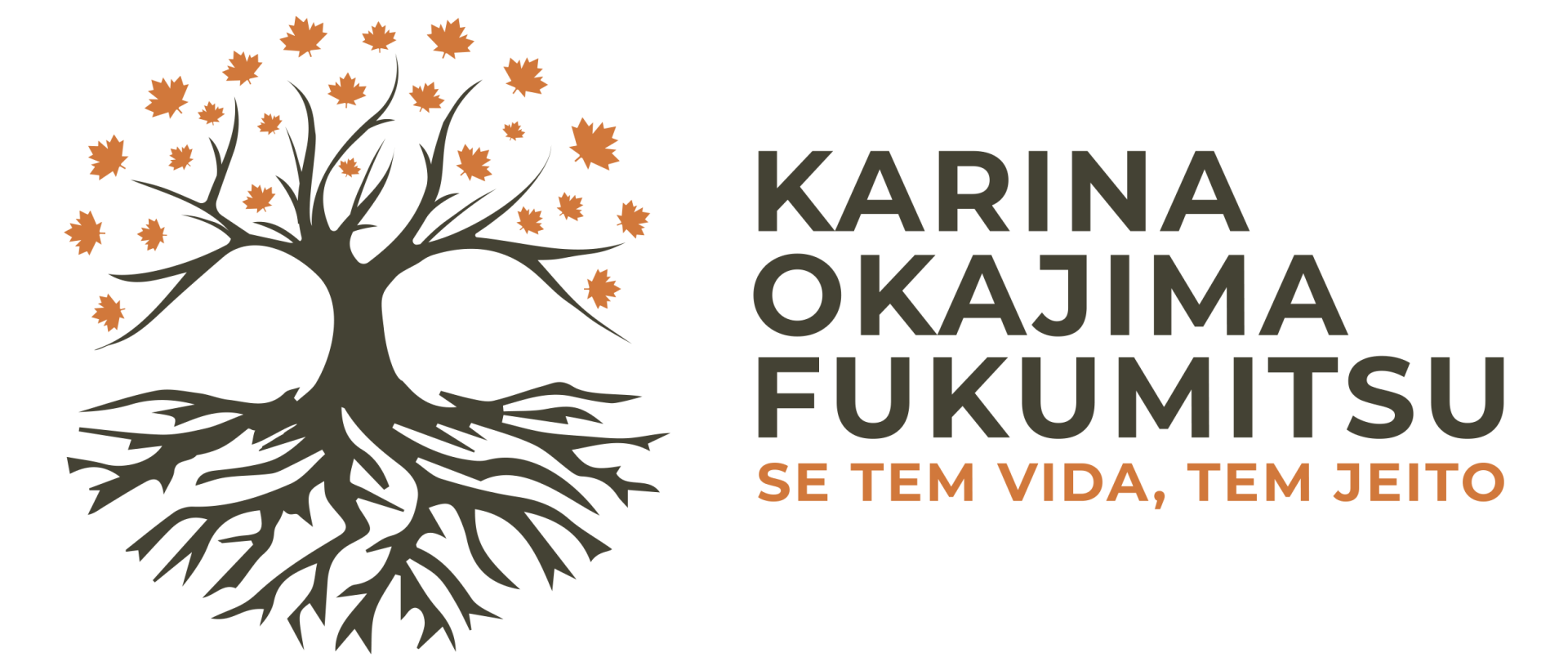Extracting flowers from stones
After World War I, my grandparents immigrated from Japan to Brazil.
According to Japanese tradition, the eldest son, be it boy or girl, is responsible for caring for his siblings in the event of the death of the parents or impossibility of care.
In this way, the older children become a kind of surrogate of the paternal figures. My mother, after the death of her still-small brothers, became the eldest daughter. When I was 14, I left Aracatuba, in the interior of São Paulo, and came to the capital to study, and then my grandparents and my uncles also moved.
In 1974 one of my uncles died in the fire at the Joelma building, and even then my mother experienced a depressive condition. I am the youngest daughter of a couple who has been married for 17 years and I have a sister. I was 10 when my parents divorced. I remember that I could not understand what was happening.
The feeling of loss was constant, especially when I witnessed my mother's suicide attempts. It was terrifying to find her almost dead and have to take her to the emergency room of several hospitals. When children lose something and do not find emotional support, it is common to take loss as if responsibility were theirs.
When I was a teenager, while my friends were preoccupied with the places where they could have fun, with the feelings aroused by the first dating, I tried to deal with ambivalent feelings resulting from the divorce of my parents. I felt that I had lost so much time in my adolescence, that I declared myself a sort of hunter of gains. I had to come up with strategies to support the idea that I would lose my mother at any moment. I also found ways to assimilate the absence of a father who had been another family. The feelings of insecurity and loss were permanent in my mind and in my heart.
My study offers meaning to life despite the losses, since I consider life a great lesson. Our losses are not punishments for what we do wrong. Our losses are experiences that are part of life.
Psychologist (CRP 06 / 43624-6) and psychotherapist. Facilitator - "one who facilitates the reception of pain"; Caregiver - "she who cares for pain" and Guardian of Life - "she who welcomes life". The action of caring was learned and built. He made the care in his life to survive. He learnedby intuition, luck, organismic wisdom that care (self-care and carefor the other) would be the only alternative to create new existential possibilities. Inhis purse, two items are always present: origami papers and a good book.
Has experience in the area of Psychology, with emphasis on psychotherapy, clinical supervision and suicidology. Post-Doctor and PhD in the Graduate Program in School Psychology and Human Development at the University of São Paulo (USP) and the PNPD / CAPES Scholarship (2013 to 2017). Master of Clinical Psychology from the Michigan School of Professional Psychology (USA).
Specialist in Psychopedagogy from the Pontifical Catholic University of São Paulo (PUC SP) and in Gestalt therapy by the Sedes Sapientiae Institute. Coordinator of the RAISE Program (Resignations and Integrative Reception of Existential Suffering) for Prevention and Suicide Prevention. Coordinator of the Gestalt-Therapy Department of the Sedes Sapientiae Institute. Adjunct Coordinator of the Specialization in Clinical Psychology - Gestalt-Clinical and Institutional Approach of Cruzeiro do Sul University (UNICSUL).



